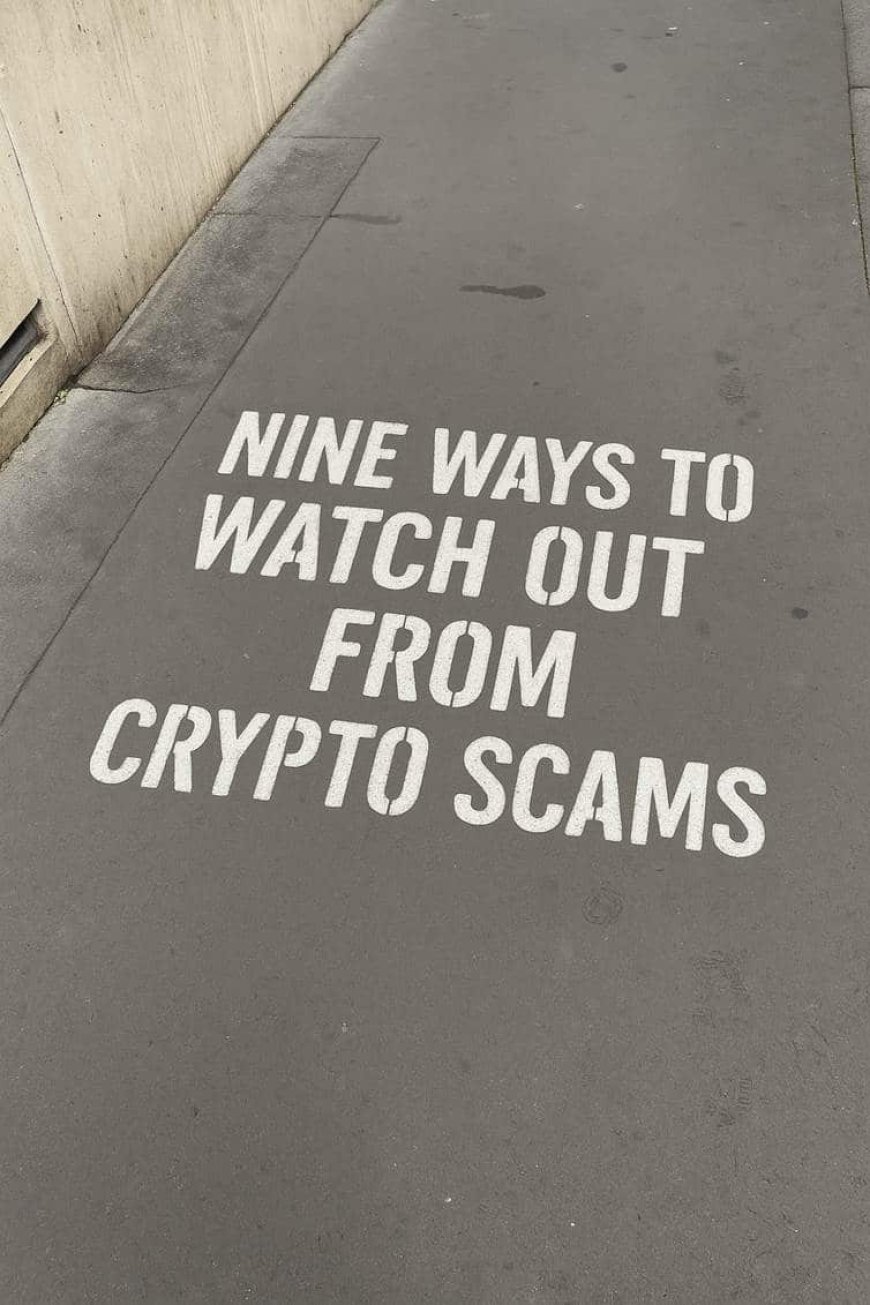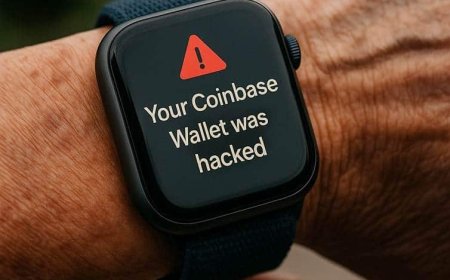1. Trust Yourself and Verify – Double-Check Profiles
Scammers thrive on impersonation. They’ll pose as legitimate contacts on platforms like LinkedIn, WhatsApp, or even dating apps. Before you engage, verify their identity through secondary channels. Check for inconsistencies in their profile, request a video call, or contact the company directly to confirm their association.
2. Beware of ‘Too Good to Be True’ Investment Offers
“If it sounds too good to be true, it probably is.” Scammers will promise guaranteed high returns with zero risk to lure you in. Real investments carry risk – and so should theirs. Ask for proof of returns and research the company’s track record before investing a cent.
3. Spot the Romance Trap
Emotional manipulation is one of the most effective scam tactics. Fraudsters often prey on lonely individuals, building a personal connection before pitching a ‘life-changing’ investment in crypto, gold, or forex. Never invest under pressure or based on emotions. If your gut says it’s off, trust it.
4. Guard Your Wallet Keys Like Gold
Think of your private keys and seed phrases as the keys to your house.
Would you hand them to a stranger? No legitimate service will ask for this information. Once you share your keys, your assets are as good as gone. Protect them fiercely.
5. Stay Cautious with QR Codes
QR codes are convenient – and dangerous. Scammers use them to direct victims to phishing sites or malware. Verify any QR code before scanning, especially from unsolicited messages, posters, or random websites. If in doubt, don’t click.
6. Avoid the FOMO Trap
Scammers thrive on urgency. “Act Now! Limited Time Offer!” – they create a false sense of scarcity to pressure you into hasty decisions.
Pause. Think. Consult. Share the opportunity with a trusted friend or family member before making any moves.
7. Spot Fake Platforms & Exchanges
Scammers build legitimate-looking websites that mimic trusted platforms. Before transferring funds, inspect the URL for slight spelling changes or unusual domain extensions.
- Visit the contact page: Check for verifiable addresses.
- Research the team: Confirm names and photos on LinkedIn.
- Request a video call or office visit: If they refuse, so should you.
8. Unexpected Taxes or Fees – Huge Red Flag
If someone claims you need to pay taxes or fees to release your crypto or investment earnings, it’s a scam. Legitimate platforms don’t ask for extra payments to access your funds. Verify claims through official channels before sending any money.
9. Be Wary of New ‘Contacts’ Asking for Engagement
Scammers thrive on social media, exploiting LinkedIn, Facebook, and Instagram to connect with potential victims. Remember the old saying: Never talk to strangers. Keep your network clean from unknown contacts, especially those promising quick profits or asking for personal information.
And the One that Rules the All
Every Online Attack Begins with an unsolicited offer – Simply say ‘No’
The first advancement happens when you accept a proposal that leads to profit without having asked for it. Social platforms facilitate communication; however, they don’t have the ability to filter out the bad actors. If selected and you become a target, don’t expect them to support you in any way or plan to make you whole. This is where you use your first line of defense and trust your gut. If you’re uneasy about something, it often means you should be. Before advancing, think twice, verify, and check your recommendations against trusted resources like Omega Crypto Recovery Specialist. If you are looking for help with Crypto Recovery, information on cryptocurrency scam recovery options or want to make sure you don’t fall victim to a crypto recovery scam, utilizing the right resources can make the difference between being scammed and avoiding being scammed. Prevention is not just smart, but necessary. Stay alert. Be informed. And keep your mind in a positive state of mind as every decision you make has an impact. Good luck!

 Like
0
Like
0
 Dislike
0
Dislike
0
 Love
0
Love
0
 Funny
0
Funny
0
 Angry
0
Angry
0
 Sad
0
Sad
0
 Wow
0
Wow
0






















